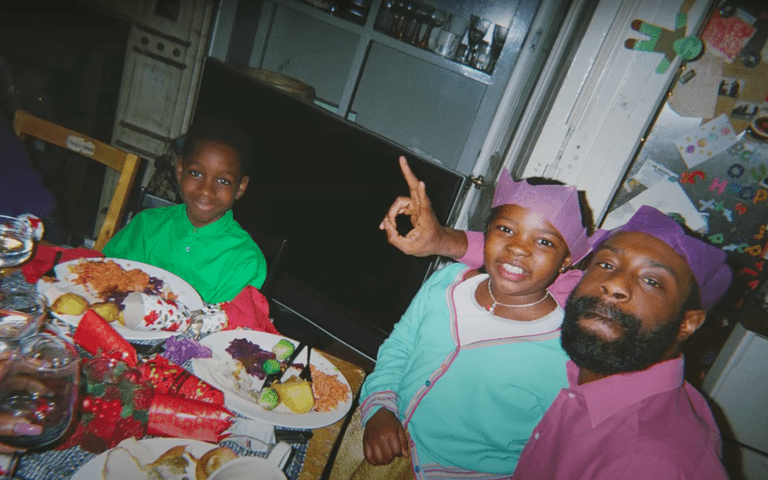This week, Sainsbury’s has been hit with the blessing and the curse that is trending on Twitter. After debuting their new advert, Gravy Song, Sainsbury’s were instantly met with a storm of angry tweets and calls to boycott the supermarket. What crime did Sainsbury’s commit? They dared to show a family at Christmas that were… Black.
I was first shown the advert by a friend who sent it into our group chat and directed us to the comments section. I watched the ad and found it uplifting, only for my spirits to be dampened by a stream of endless racist comments that made my stomach turn. There were tweets asking for a ‘white Christmas’, complaints by white people that they do not ‘feel represented’, and questions about whether the father was ‘actually the father of the children?’.
The racists had come out to play baring their England flag icons, ‘I love my country’ bios, and far-right Twitter feeds. They were hellbent on crucifying Sainsbury’s for ‘[crapping] it’s woke pants’. This of course caused a Twitter frenzy as the racists were challenged. Soon Sainsbury’s were making headlines and having to explain themselves. I was disgusted and angry, but most surprisingly, I found the whole saga rather unsurprising.
The comments undoubtedly made many of us wince, but it is not something we haven’t seen before. In the last year alone, Tesco was dragged for featuring a Muslim family celebrating Iftar, Halle Bailey received abuse and backlash for playing Ariel the mermaid and Ofcom received 25,000 complaints about dance group Diversity’s politically charged performance during the Black Lives Matter protests. Why then, is society so shocked when British people show their racist colours?
Britain has a legacy of racism that is built on empire and colonialism, and many white Brits have a sense of grandeur over us brown and Black folk. Structural racism seeps from this country’s core into all of its mechanisms and with the racially charged Brexit leave campaign, our ‘watermelon smiles’ Prime Minister, and the rise of the far-right, the racists are emboldened. It is events like the Sainsbury’s ad that serve as a reminder of something that has always been here. The racism that killed Stephen Lawrence, encouraged the skinheads, and sparked the race riots still exists; it’s just not as obvious.
Platforms such as Twitter give a spotlight to these often-anonymous voices, and we are increasingly faced with their violent words in our daily virtual lives. These people and their words are damaging and hateful, and Twitter must introduce measures to tackle them. The notion of free speech does not stand if the aggressor is trying to silence Black people and their experiences, and Twitter must begin to treat its arena as if it is real life. Besides over a quarter of British people are on Twitter and a huge 45 out of 66 million are on social media. This means, then, that we must hold Twitter users to the same laws and standards as we do in real life.
Accounts that spew racist hate speech must be restricted or closed, and Twitter needs to address the bots that manipulate the timeline with their automated and often racially charged mass tweeting. It is unbelievable that Katie Hopkins was given free rein to abuse and spread false information for as long as she did, but now that Twitter has finally done the right thing, it is time for them to be more thorough. Suggestions have been made to tackle the issue of the bots, from calls for users to prove their identity when making an account to some form of icon similar to the blue tick that tells you if an account is a bot. I don’t have a direct solution, but it is obvious that something must change.
I am a brown woman, and whilst I can and have experienced racism, it is not the same as someone who is Black. Twitter and society as a whole must have this conversation with the primary receivers of racism, and the views of Black people must shape the changes social media platforms must make. Until that happens, we will continue to pretend to be surprised when racists make headlines.
Shiler Mahmoudi
Image source: Delish

